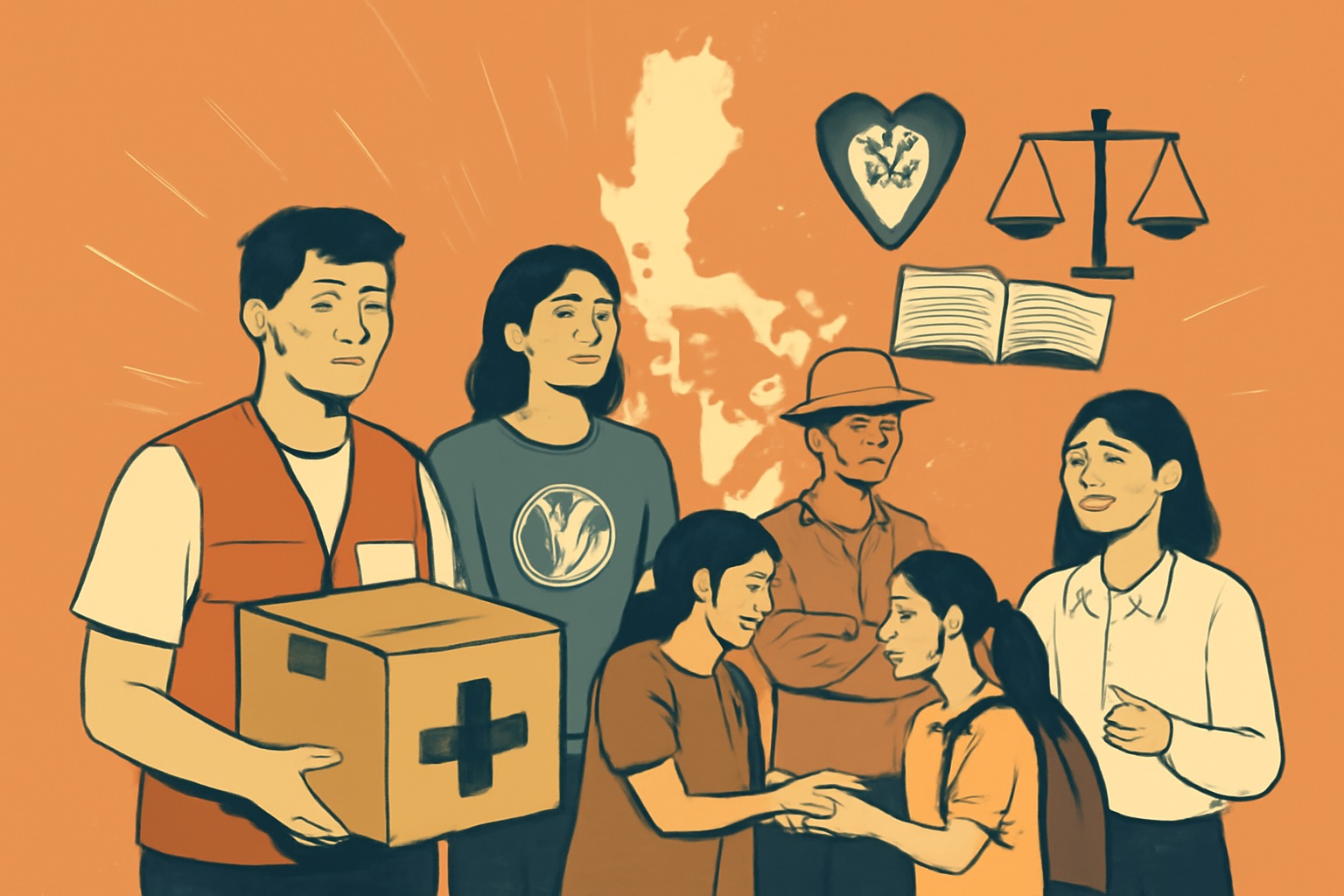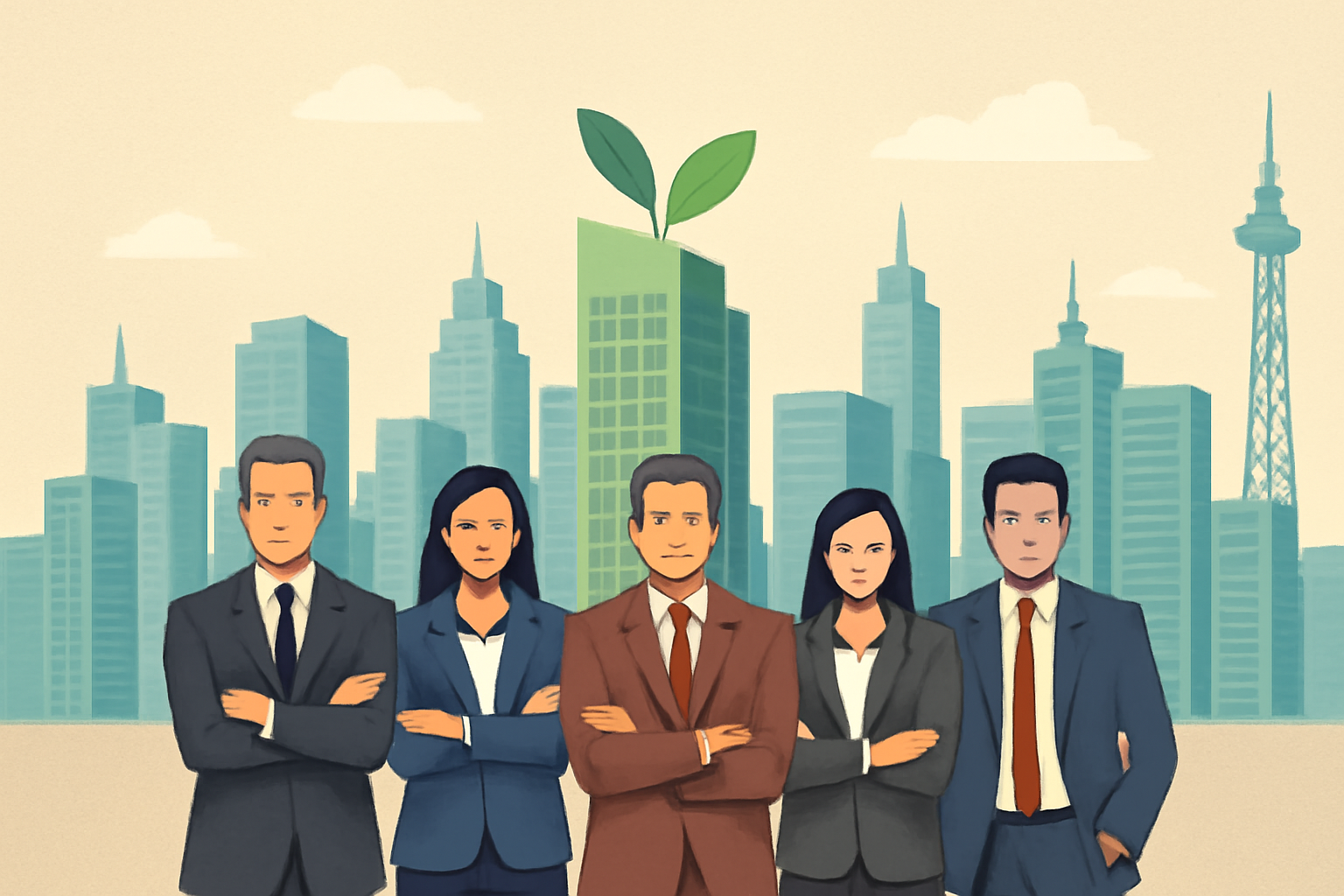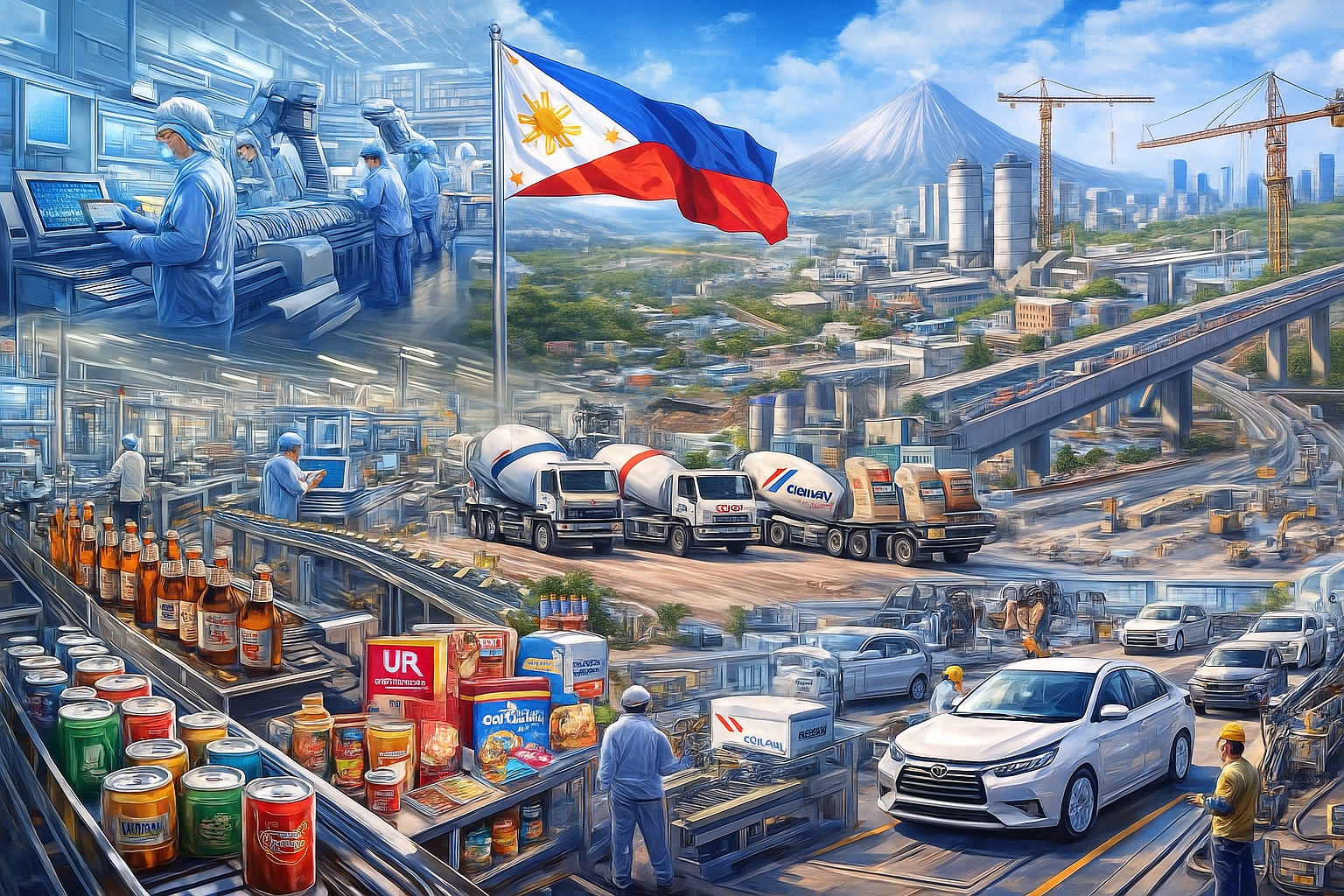Humanitarian and social organizations in the Philippines are a driving force behind efforts to improve the lives of marginalized populations. Whether responding to disasters, promoting social justice, or advancing economic development, these organizations are instrumental in shaping the country’s future. Their work is focused on creating a society that is more equitable, resilient, and sustainable, particularly for the nation’s most vulnerable citizens.
Disaster Relief: A Lifeline for Affected Communities
The Philippines is vulnerable to various natural disasters, and humanitarian organizations play a pivotal role in providing immediate and long-term assistance. The Philippine Red Cross is a key player in disaster relief efforts, providing essential supplies and medical care to people affected by typhoons, earthquakes, and other calamities. The organization’s extensive network and resources allow it to deliver rapid response in times of crisis.
Organizations like Oxfam Philippines also focus on rebuilding communities after disasters. They provide financial support and technical expertise to help communities restore their livelihoods and build infrastructure that can withstand future calamities. These efforts are crucial in creating a more resilient society that can cope with future challenges.
Addressing Poverty through Community Development
Poverty remains one of the most pressing issues in the Philippines, and many organizations are working to alleviate it. Gawad Kalinga is a prime example of an organization that focuses on community-driven development. It provides resources for housing, education, and healthcare, helping to lift entire communities out of poverty. By working alongside community members, Gawad Kalinga ensures that development efforts are tailored to the specific needs and aspirations of the local population.
The Philippine Business for Social Progress (PBSP) also plays a key role in poverty alleviation. Through its partnerships with businesses and local governments, PBSP funds a variety of programs that improve access to education, healthcare, and livelihoods. These initiatives empower individuals to improve their lives and contribute to the economic development of their communities.
Fostering Social Justice and Human Rights
Human rights advocacy is another central mission for many organizations in the Philippines. Groups like Karapatan and the Commission on Human Rights (CHR) work to protect the rights of marginalized individuals and communities, including indigenous people, women, and workers. These organizations provide legal aid, monitor human rights violations, and advocate for policy changes that promote justice and equality.
The efforts of these organizations have led to significant progress in raising awareness of human rights issues and advocating for legal reforms. However, there are still challenges to overcome, and these organizations continue to work toward a future where human rights are respected and protected for all Filipinos.
Education as a Path to Empowerment
Education is a powerful tool for breaking the cycle of poverty, and many humanitarian organizations in the Philippines are focused on improving access to education. Teach for the Philippines is one such organization that recruits individuals to teach in underserved communities, helping to provide quality education to children who might otherwise be left behind.
Additionally, organizations like the PBSP support education programs that offer scholarships, vocational training, and leadership development. These programs help young people gain the skills and knowledge necessary to succeed in the workforce and become active participants in society.
Conclusion
The role of social and humanitarian organizations in the Philippines cannot be overstated. These organizations are at the forefront of addressing the country’s social challenges, from disaster relief to poverty alleviation, human rights advocacy, and education. Through their efforts, they are helping to create a more just, equitable, and resilient society. The work of these organizations is critical in shaping a brighter future for all Filipinos, particularly those who are most vulnerable and marginalized.





